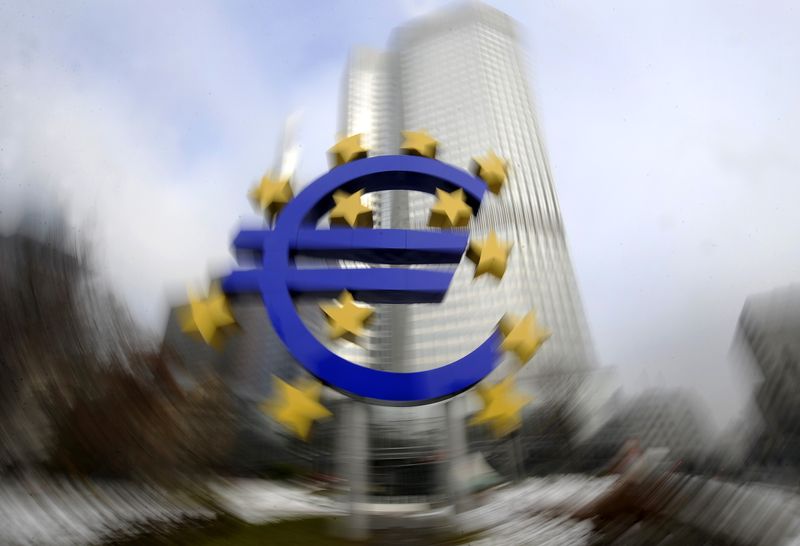This post was originally published on this site

Europe is urged to scale up funding to support an orderly transition and establish itself among other industrial heavyweights in the new energy economy, especially in the face of severe disruption in global energy markets. The IEA has outlined a pathway for the global energy sector to reach net-zero emissions by 2050, requiring a significant rise in annual clean energy investment in the European Union by 2030.
The ECB’s recent economy-wide climate stress test found that frontloading clean energy investment could significantly reduce medium-term costs and risks for firms and households. However, private sector investment faces numerous market barriers including policy uncertainty, lengthy permitting procedures that delay projects, deter investors, and lead to cost overruns for developers.
European industry also faces a competitive disadvantage regarding the price of energy compared with other regions. As ambitious industrial programs are being introduced in countries such as the United States, China, India, Japan and Korea to build up domestic supply chains, resource security and manufacturing capacity, accelerating energy transition investment will help Europe limit dependence on major fossil-fuel producers and often volatile fuel markets.
The EU has committed to spending at least 30% of its 2021-2027 budget on climate action. Development finance institutions like the EIB play a crucial role in supporting clean energy projects to crowd-in private sector engagement. For every euro spent by the EIB on its energy operations, it attracts a further €1.4 from the private sector. The EIB recently announced an additional €45 billion, on top of its regular lending volumes, to support renewables and manufacturing in strategic net-zero industries to help accelerate the transition.
The conference also discussed how policies and financial instruments can unlock further investment. Steps to establish a green capital market union (CMU) were suggested to help finance flow seamlessly across borders for the clean energy transition. Such a union would also provide a robust yardstick for sustainable finance projects and help eliminate greenwashing practices.
IEA Executive Director Fatih Birol emphasized that Europe needs to learn to grow and thrive in this new reality of energy transition. He stressed that policymakers must take bold action soon for the region to remain a global industrial power. ECB President Christine Lagarde highlighted the need for understanding the challenges of the green transition and ensuring the costs are shared fairly. EIB President Werner Hoyer pointed out that only massive and swift investment in net-zero technologies will ensure that Europe remains an attractive place to do business.
This article was generated with the support of AI and reviewed by an editor. For more information see our T&C.

